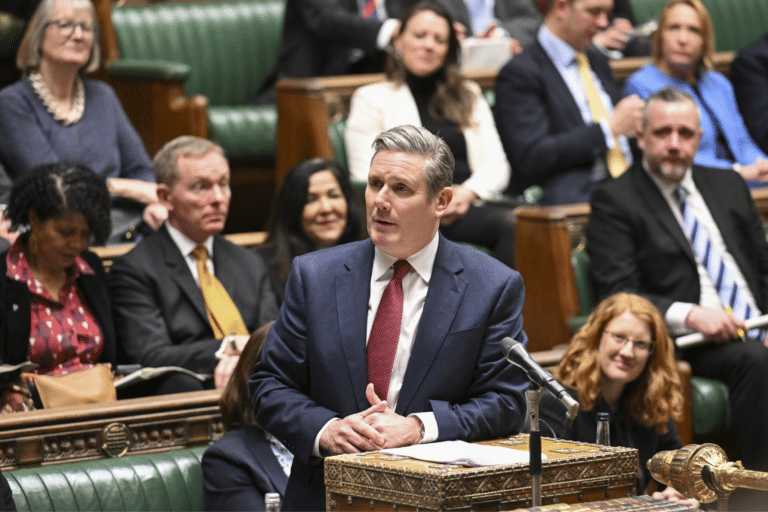In November, the UK hosted the world’s first AI Safety Summit at Bletchley Park. The event saw AI labs agree to share models with governments before public release, and 29 countries pledged to collaborate on mitigating AI risks. This was part of then-Prime Minister Rishi Sunak’s plan to make the UK a leader in AI governance, establishing the world’s first AI Safety Institute with significantly higher funding than its US counterpart.
Fast forward to July 5, and Keir Starmer of the Labour Party took office after a landslide victory. His approach to AI is set to be more stringent than Sunak’s. Peter Kyle, appointed as science and technology minister, will oversee AI policy during this critical period. Kyle has emphasized the importance of AI, citing potential benefits like advanced medical scans that could have saved his late mother’s life.
However, public concerns are evident. An August poll by the Centre for Data Ethics and Innovation found 45% of respondents viewed job displacement as a major risk, while 34% feared AI would diminish human creativity.
Regulation is a focal point for the Labour government. Unlike the previous administration, Labour plans to introduce binding regulations for powerful AI models. They also aim to ban sexually explicit deepfakes and make the voluntary AI model information-sharing agreement a legal requirement. Sandra Wachter from Oxford University notes that timing is crucial for effective regulation, stressing the need for constant dialogue with tech industry stakeholders.
Labour’s strategy includes creating a Regulatory Innovation Office to expedite regulatory decisions and support tech development. They are committed to integrating AI into healthcare to enhance diagnostic services, saving lives, and modernizing public services to grow the UK tech sector.
Healthcare is a particular area of focus, with plans to use AI to transform diagnostic services, potentially saving thousands of lives. The Labour government also intends to facilitate the establishment of data centers and create a national data library to consolidate research efforts. This aligns with the broader goal of fostering the UK tech sector by supporting start-ups and universities with decade-long research and development funding cycles.
Meanwhile, former Prime Minister Tony Blair has urged the government to leverage AI for improving the country’s welfare system, with his think tank suggesting AI could save the UK Department for Work and Pensions over $1 billion annually. Blair emphasizes that AI's societal impact is profound, urging the Labour Party to prioritize this technological revolution.
Labour has also committed to ensuring that AI-powered surveillance tools in workplaces are implemented only with worker consultation, aiming to protect jobs and workers' rights.
As the new government navigates various urgent issues, from legislative planning to addressing overcrowded prisons, its handling of AI policy will have significant implications for the UK’s future in technology and innovation.





